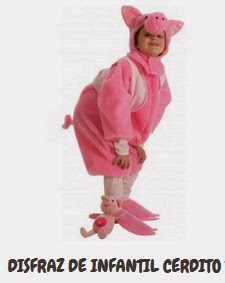Are you old enough to remember the old 'brush your teeth correctly' health education campaign; 'up and down, up and down, 'til they're clean and sparkly?' Hmmm, probably not. And surprisingly, it seems to be the only video in the universe which isn't available on Youtube. (Lucky you!)
Anyway, the Spanish also love a good health education video, so here's their own 'brush you teeth' offering, with a catchy little song for you to sing along to.
(N.B., the karaoke lyrics at the bottom are quite difficult to read so I've transcribed them for you below and added a translation.)
¡Disfruta!
Spanish:
Siempre después de desayunar,
Los dientes hay que lavar.
Despues de comer,
Despues de cenar,
Pasta, cepillo.
¡Y porte a limpiar!
Subir, Subir,
Bajar, Bajar,
Tu boca sana y briliant está.
Recuerda que tus hijos pueden disfrutar
de una revisión anual gratuita en el dentista.
English:
Always after having breakfast,
You have to wash your teeth.
After eating,
After having dinner,
Paste, brush.
Get cleaning!
Up, up,
Down, down,
Your mouth is healthy and shining.
Remember that your children can enjoy(!)
a free annual check-up at the dentist.









































 E
E












